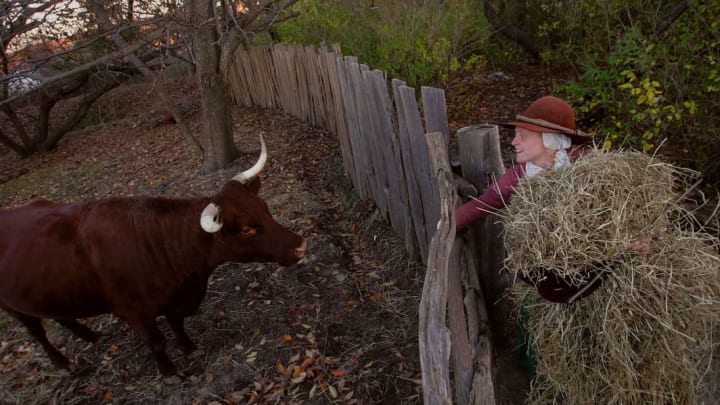Plimoth Plantation in Massachusetts represents one of the oldest colonial settlements in America, and it's about to undergo a major change. As CBS Boston reports, the living history museum is changing its name to better reflect its commitment to inclusion.
The attraction is an educational recreation of the original Plymouth Colony established by British colonists in the 17th century. In addition to sharing European colonial history, the museum aims to tell the stories of the indigenous Wampanoag people native to the area. By removing the word plantation from its name, which has connotations related to slavery and colonialism, the institution hopes to honor both parts of the land's history.
The museum said in a statement:
"Discussions about a name change for the museum have been ongoing for more than a year as we ask: 'Does our name reflect the full, multivalent history that is at the core of the museum’s mission?' The conversations generated by that fundamental question have moved us toward a new, more balanced name demonstrating that the history and culture of the Indigenous people of this region are as integral to the Museum’s educational mission as the history and culture of the English colonists."
The new name hasn't been finalized, but it's expected to be announced during a commemoration of Plimoth's 400th anniversary later this year. In the meantime, the museum has introduced a new logo with the words Plimoth (the British colonial name for the site) and Patuxet (the Wampanoag name for it).
The museum is one of many brands and institutions reassessing its name and iconography in the wake of the anti-racism movement sparked by the killing of George Floyd. Recently, the American Museum of Natural History announced it would remove a statue that shows an African American and Native American figure in submissive stances beside Theodore Roosevelt.
[h/t CBS Boston]
